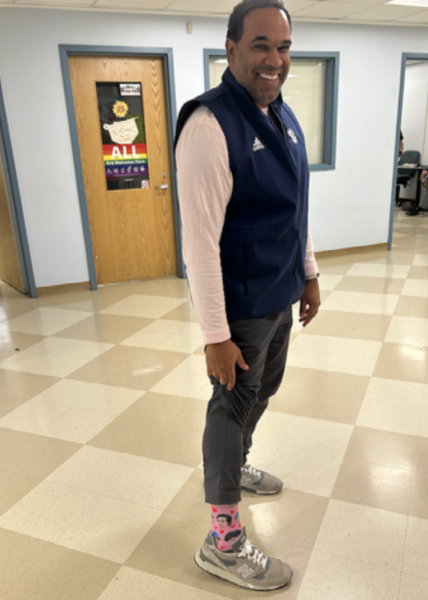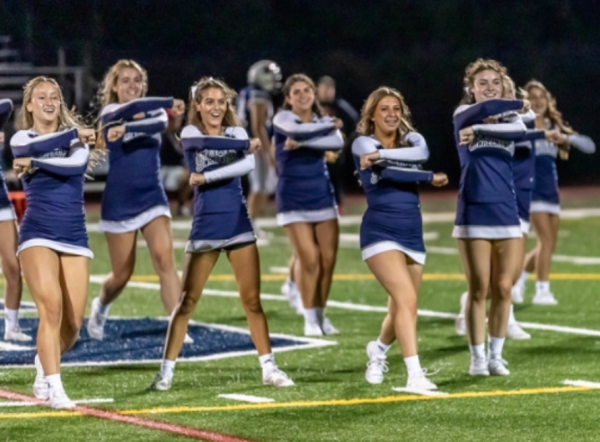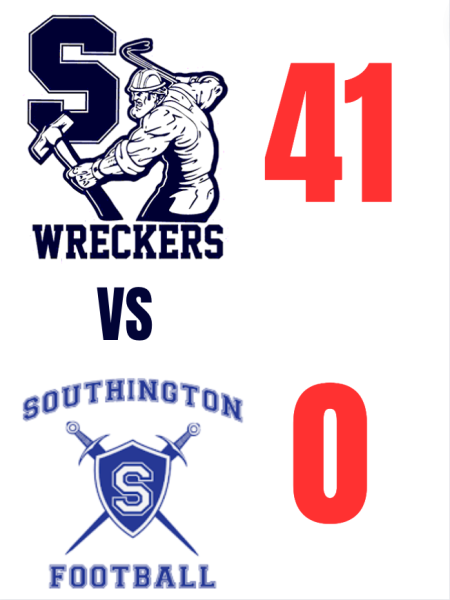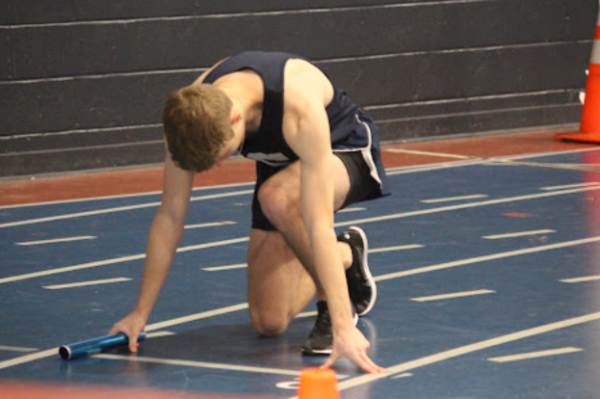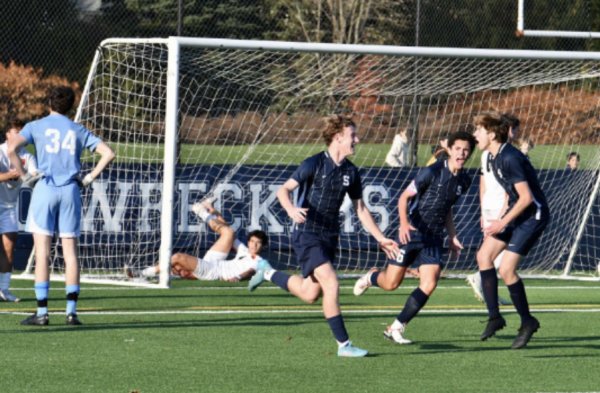Colleges ponder making sports a major
Colleges may soon need to include football, soccer and a handful of other sports in their course books. Yes, in their course books.
A recent New York Times article detailed the current debate over the possibility of allowing college recruits to major in their respective sports. Instead of balancing hours and hours of football practice with hours and hours of calculus homework, new curriculums would adapt to the demanding schedules of college athletes.
Florida State University’s professor of educational psychology, David Pargman, and Syracuse University’s director of public affairs, William D. Coplin, are two noteworthy advocates. They propose that the more common subjects, like math English and history, be replaced with sports related classes, like anatomy and physiology or kinesiology and nutrition, which would revolve around the college athlete’s main sports major.
Several members of the Staples community disagree with this proposition.
“I think the whole thing is ridiculous, to be quite honest,” Staples football coach Marce Petroccio said. “You’re just opening up such a can of worms.” Petroccio is in good company, seeing as many other educators nationwide are also in opposition to allowing students to major in their sport.
Although Pargman and Coplin argue that sports curriculums would improve players’ career-building skills, Staples athletes believe that sports majors would not provide the same level of education as the classroom environment.
“As soon as a lacrosse player gets out of college they need a job because the professional lacrosse league is very underpaid,” varsity lacrosse player Tanner Wood ’17 said. “[Students] need to study something that would help out for their future.”
The future of college athletes is exactly what Pargman and Coplin aim to improve, claiming that those striving for the professional league would benefit from a curriculum centered around their commitment to sports.
“Being allowed to major in your sport in college is great for an athlete who wants to play at the professional level,” varsity soccer player Charlotte Rossi ’17 agreed. “But there are lots of student athletes who are not only going to college to play their sport.”
Unfortunately for most, the NCAA estimates that only 2 percent of athletes make it to the professional level, leaving the other 98 percent with a single question after they graduate college: ‘what do I do now?’
“What are you going to say, ‘I majored in football’?,” Petroccio sarcastically inquired. “How are you going to get a job?”
Staples Alum and Dartmouth soccer goalie James Hickock ’13 agrees that college athletes need to think in terms of the big picture. “Arguably one of the most important parts of going to college is taking new classes and finding new interests along the way,” Hickock said. “And if athletes were given the opportunity to both play and study the same sport each day, it would take away from that experience.”
Molly Liebergall ’17, is someone worth getting to know. She is an intense soccer player, and plays for Staples girls soccer.
Inklings is one of molly's...











































